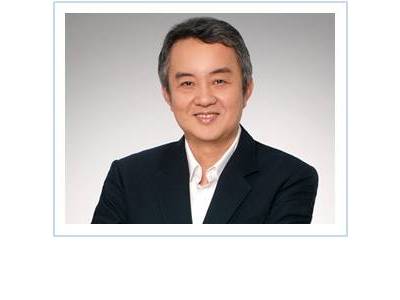BuzzCity improves techniques to increase effectiveness of click fraud detection
BuzzCity, the global mobile advertising network, is today announcing findings which will help combat the on-going issue of click fraud in the mobile advertising industry, following a series of joint initiatives with some of the world’s leading universities.
The findings are the result of partnerships between BuzzCity, the Singapore Management University (SMU) and the National University of Singapore (NUS). BuzzCity collaboratively hosted a Fraud Detection in Mobile Advertising (FDMA) event with SMU in September 2012 and a BuzzCity-SOC Clicks Fraud Detection Challenge 2012 with NUS in August 2012. These studies provided a platform for researchers to analyse data patterns to help identify the many different ways that fraudulent activity mimics human clicking activity, thereby helping to increase the effectiveness of click fraud detection and fraudulent publishers.
Dr KF Lai, CEO of BuzzCity commented; “Click fraud effectively enables fraudsters to make a small sum of money from each fraudulent click, which can add up to quite a large sum of money if done enough times. The results of this study are critical to maintaining the integrity of the performance of mobile advertising campaigns for the industry as a whole. It will not only help to prevent this kind of illegal activity, but it is also about improving our accountability to advertisers, and that advertisers using mobile advertising networks can be confident of their quality”.
As m-commerce continues to gain momentum and more brands are turning to mobile advertising, the dominant CPC (cost per click) advertising model can be subject to fraudulent clicks – when site owners generate clicks on ads that appear on their own site to boost their earnings. Click fraud seriously diminishes the efficiency of a campaign as well as damaging the user experience – with promotional messages becoming unreliable and misleading.
Fraud detection is challenging for many data mining and machine learning algorithms because it involves many variables in a ‘highly imbalanced distribution’ i.e. fraudsters may be a small fraction of all the clicks.
Dr KF Lai, CEO of BuzzCity, is concurrently an adjunct associate professor in the National University of Singapore. The partnership ensures BuzzCity’s access to top research and helps to cement the company’s on-going leadership in the field. As a result, only publishers of the highest quality are recruited and retained in the BuzzCity Ad Network, ensuring top performance for advertisers and publishers.
The full results of the FDMA competition were published in the Journal of Machine Learning Research published in January 2013.







Share
Facebook
YouTube
Tweet
Twitter
LinkedIn